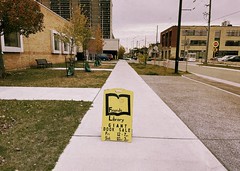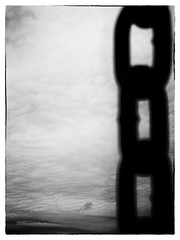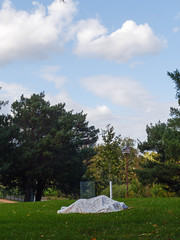Irony
LostinTranslationPhoto
In 1346 the Berber Ibn Batuta, perhaps the greatest traveler of all time, found himself in Hangzhou, China. There he saw something wonderful — something amazing. A street magician opened a reed basket, withdrew a length of stout chain and, having uttered some mystical and magical phrases, flung one end of the chain into the air. Where it stayed.
To prove the chain was stable, the magician ordered his assistant — a young boy — to climb the chain. The boy refused at first, but after being berated and beaten by his master, he seized hold of the chain and shinnied up to the very top. And he didn’t stop there. He disappeared into the ether.
The magician waited impatiently for the boy to return. He called to the boy. No response. The magician shouted angrily, ordering the boy to return. Nothing.
Furious, the magician armed himself with a sword and climbed up the chain after the boy. He too reached the top and disappeared. Moments later, Ibn Batuta heard angry shouts and screams. An arm came tumbling out of the sky and landed in the chain’s basket. It was quickly followed by another arm, then a leg, and one by one all the boy’s body parts were dropped out of nothingness into the basket. At last, the magician himself appeared and climbed down the chain.
He spoke a word, and the chain became limp. He coiled it back up into the basket and replaced its cover. The magician apologized to the crowd, saying his assistant was a stubborn and wayward child who occasionally had to be taught a lesson. As he finished his apology, the basket lid was tossed off — and the boy emerged, whole and healthy.
This was the first recorded instance of what would eventually come to be called The Indian Rope Trick.
Looking at this photograph I find myself waiting for the young sailor to climb to the top of the rope, disappear out of the frame, and pull the rope up after him.
Blog photograph copyrighted to the photographer and used with permission by utata.org. All photographs used on utata.org are stored on flickr.com and are obtained via the flickr API. Text is copyrighted to the author, greg fallis and is used with permission by utata.org. Please see Show and Share Your Work








